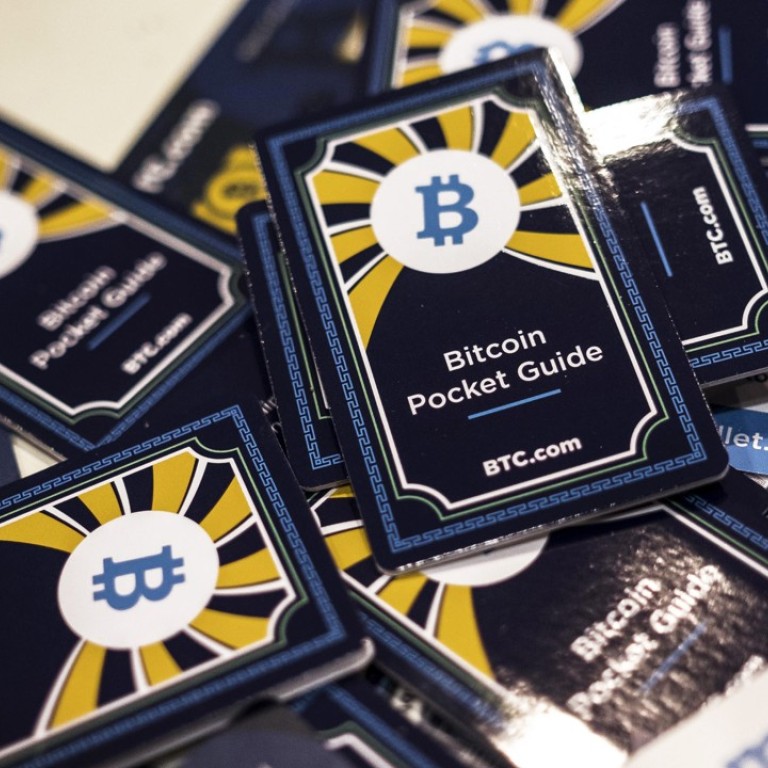
Investors in Chinese start-ups still eye exits through digital currency offerings
Though banned in China, founders and investors in Chinese start-ups still see initial coin offerings as an alternative way to a partial exit or to raise funds
Founders and seed investors in Chinese technology companies are coming up with more innovative ways of exiting their investments, with some even taking to initial coin offerings (ICOs) for partial exits, panellists said at a digital currencies conference held in Hong Kong last week.
While China has already banned the sale of digital currencies, Carman Chan, founder and managing partner of Click Ventures, said last week at the AVCJ private equity and venture forum that some founders have worked with lawyers to create legal structure so their funds can be digitally “tokenised”, allowing founders and investors partial exits, through raising more funds via token sales.
“This is the latest exit route we have seen … these structures can exist legally,” says Chan.
However, Chan did not specify whether this was an avenue used by investors in Chinese tech companies onshore, or where these ICOs are taking place.
This is the latest exit route we have seen … these structures can exist legally
China’s central bank has banned all ICOs, shutting down platforms that trade cryptocurrencies, as its regulator steps up scrutiny on the trade of digital currencies to reduce the risk of financial fraud and more broadly, causing more capital outflow.
The Securities and Futures Commission (SFC) in HK did not ban all forms of ICOs, but digital tokens offered under an ICO that has terms and features that are akin to ‘securities’ (as defined under the Securities and Futures Ordinance ) are subject to securities law of HK.

Some expert suggest, however, ICOs could still be a route for start-up companies to raise funds, as companies are still selling digital currencies, or tokens, to investors in exchange for either cash or other cryptocurrencies.
Holders of the cryptos may be able to benefit from an appreciation in their value in future, for example, upon the successful launch of a start-up’s products or projects.
Unlike initial public offerings (IPOs), some industry players say selling crypto tokens via ICO do not confer the token holders any rights of ownership in a company.
Some shareholders in start-ups like the benefits this offers, in that they will not see their equity diluted after the process, unlike an IPO when the capital structure of a firm is altered.
ICOs also potentially present a cheaper and faster funding option, as there would likely be less term sheets or shareholder agreements built in.
However, Aurelien Menant, founder and chief executive of bitcoin and ethereum token exchange Gatecoin, says that many regulators are proposing rules to differentiate this kind of “utility token”, which gives holders a “credit”, or a right exercisable in future to use the service of that start-up at a discount after the product or project is launched, from securities-like ICOs.
“The tokens that have the economic characteristics of a security: for example if it gives investors in these tokens the right to a share of the revenues or the profits generated by the start-up company, or an investment yield, or if it is part of an investment scheme, that is likely to come under regulations which are being looked at by many regulators in Asia, and the US,” says Menant. “
There is still no outright global ban on ICOs, and outside China, some regulators are taking a different approach.
In these cases, such as in Hong Kong where the digital tokens are deemed ‘securities’ under the Securities and Futures Ordinance’, the dealing or advising on the digital tokens, for example , may constitute a ‘regulated activity ‘ whereby licensing and registration requirements are imposed on the parties involved.

